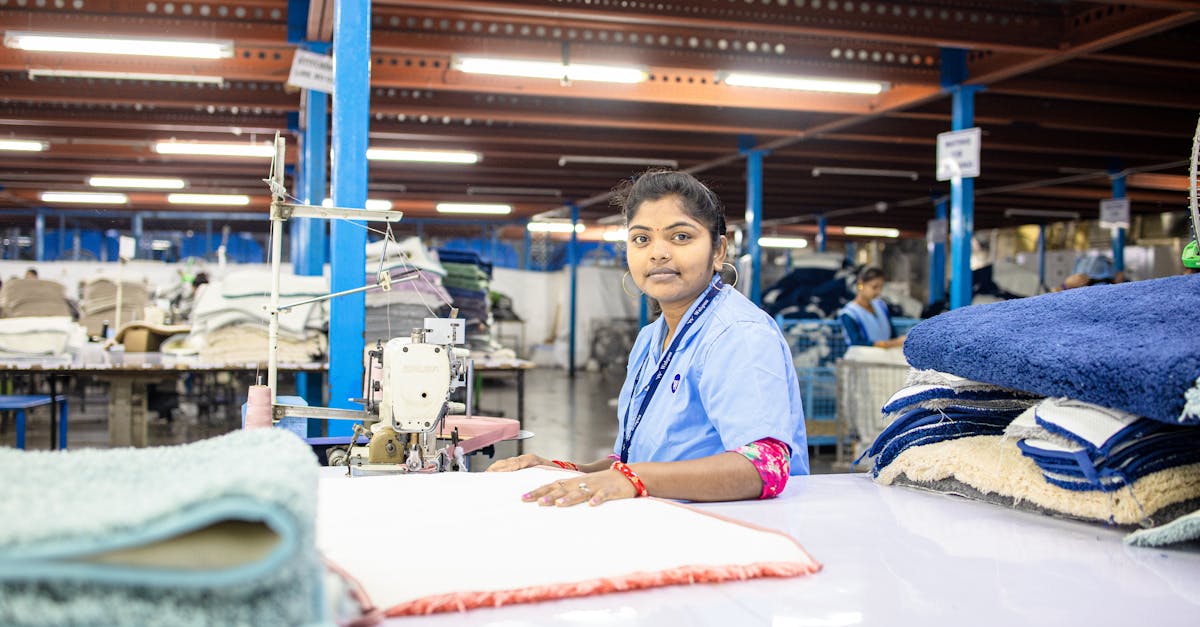Transforming Fashion in 2024
Introduction
As 2024 unfolds, the fashion industry is experiencing transformative changes driven by technology and consumer demands. Ethical considerations are pushing brands towards sustainability, while digital technology is revolutionizing how fashion is consumed. This article explores how these dynamic forces are shaping the future of fashion.
Advertisement
Sustainability Revolution
The increasing demand for sustainable clothing has become a central theme in fashion for 2024. Consumers are shifting towards eco-friendly fabrics and production methods that reduce waste and carbon footprints. Fashion houses are adapting, seeking innovative materials like biodegradable fibers and recycled textiles to attract conscious buyers.
Advertisement
Digitizing the Fashion Experience
Digital evolution is redefining the fashion landscape as virtual fashion becomes mainstream. E-commerce platforms offer immersive experiences with augmented and virtual reality (AR/VR) technologies, enabling consumers to try on outfits virtually. Digital fashion shows and catwalks are gaining traction, offering unprecedented access to fashion weeks globally.
Advertisement
The Rise of Direct-to-Consumer Models
Direct-to-consumer (DTC) models are flourishing as brands opt to engage directly with their customers. This shift allows for better personalization and customer service, meeting the increasing demand for unique and individualized shopping experiences. Moreover, this model enhances customer loyalty and provides brands with critical data insights.
Advertisement
Influence of Artificial Intelligence
Artificial Intelligence (AI) is a game-changer in fashion, enhancing product personalization and trend forecasting. AI technologies are helping fashion brands design according to consumer preferences through data analysis. This intelligent approach optimizes inventory management, reducing waste and increasing efficiency in production lines.
Advertisement
Consumer Empowerment and Customization
With empowerment at their fingertips, modern consumers are no longer passive observers but active participants in the fashion arena. Customization technologies allow customers to personalize their purchases, from bespoke tailoring to selecting color and style options in real-time. These advancements cater to the growing demand for individualism.
Advertisement
Ethical and Transparent Supply Chains
Ethics and transparency are at the forefront of consumers' minds as they advocate for responsible fashion practices. Brands are pushed to ensure ethically sourced materials and adhere to fair labor practices. Blockchain technology plays a crucial role in tracing product origins, ensuring transparency throughout the supply chain.
Advertisement
Resale and Circular Fashion
The rise of resale fashion and circular economy practices encourages reducing waste and maximizing resources. Platforms dedicated to second-hand clothing and rental services are gaining popularity, promoting a culture of recycling and reuse. Brands are exploring ways to extend product life cycles, embracing the shift toward circular fashion.
Advertisement
Technologically Advanced Materials
Fashion innovations are closely tied to technological advances in material science. 2024 is witnessing a surge in smart textiles capable of monitoring health metrics and enhancing comfort. Innovations, such as water-repellent or temperature-regulating fabrics, pave the way for multifunctional clothing that appeals to tech-savvy consumers.
Advertisement
Conclusion
In summary, 2024 marks a pivotal moment for the fashion industry as it navigates an era of rapid technological advancement and evolving consumer expectations. The dynamic blend of sustainability, digital innovation, and ethical practices signifies a promising, transformative journey. As brands adapt to these changes, the future of fashion looks more inclusive and innovative.
Advertisement


